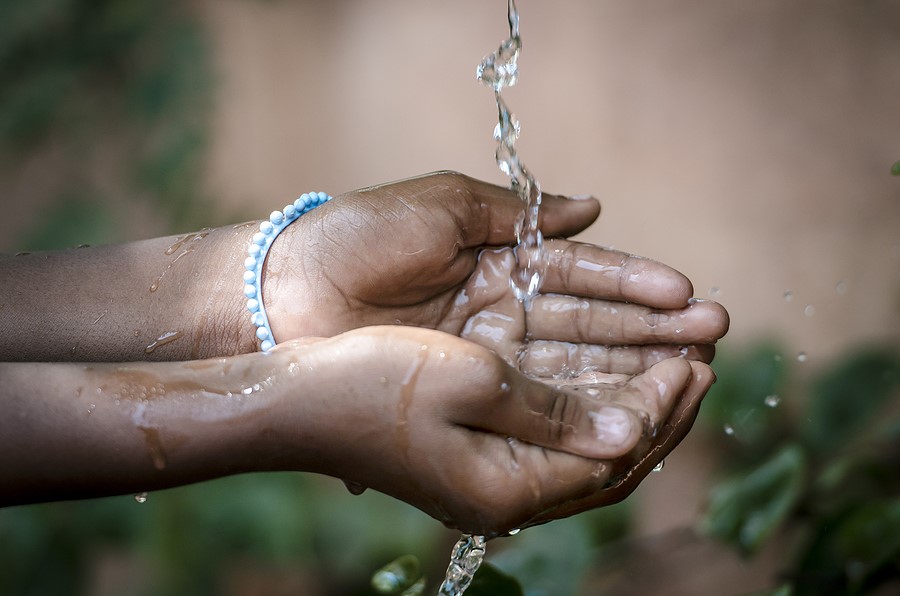News
Impact Of Water Scarcity On Children In The MENA Region Revealed
The Middle East and North Africa (MENA) region is said by experts to be the most water-stressed part of the entire world, with 17 of the most water-stressed countries to be found here… and the impact that this is having on children who live in these nations has now been revealed for the first time.
A new report, carried out by Unicef and released in time for World Water Week, has found that almost nine out of ten children in the MENA region live in areas facing high or extremely high water stress issues, which has serious consequences on their nutrition, health, cognitive development and livelihoods in the future.
The key drivers behind water scarcity have been identified as rising agricultural demand and the expansion of irrigated land making use of aquifers, as well as water mismanagement, population growth, the migration of people to urban areas, conflict, issues with governance and deteriorating water infrastructure.
Political instability and conflict has also increased the demand for emergency water sources, which has exacerbated groundwater depletion even more.
And climate change, although not the sole reason for water scarcity, has led to less rain for agriculture, deteriorating the quality of fresh water reserves as a result of the movement of saline water into freshwater aquifers. Increased pollution concentrations is also having an impact.
Unicef is now taking action to address the vulnerability of water resources in the region, including creating strong national policy and regulatory systems, working with civil society on the value of water and conservation, initiating climate change response plans, creating coordination groups between key ministries and sectoral actors, and supporting capacity building of key water sector actors, including regulatory bodies and national water utilities.
Deputy regional director Bertrand Bainvel said: “Water Scarcity is having a profound impact on children and families, starting with their health and nutrition. Water scarcity is also increasingly becoming a driver for conflicts and displacement.
“Within this context, it is even more unacceptable that those fighting in conflicts target water infrastructure. Attacks on water infrastructure must stop.”
Water scarcity restricts access to safe drinking water and resources for practising basic hygiene in healthcare facilities, schools and at home. Sewage systems can also fail when water is scarce, which increases the threat of diseases like cholera. Water resources also become more expensive when they are scarce.
Women and children are the most affected by these issues because they are often the ones responsible for collecting water. When it’s further away, it takes more time to collect, which means less time at school for children. Carrying water long distances also takes its toll physically, exposing children to safety risks and exploitation.
Do you want to find out why water efficiency is important? Get in touch with the team here at H2o Building Services today.
